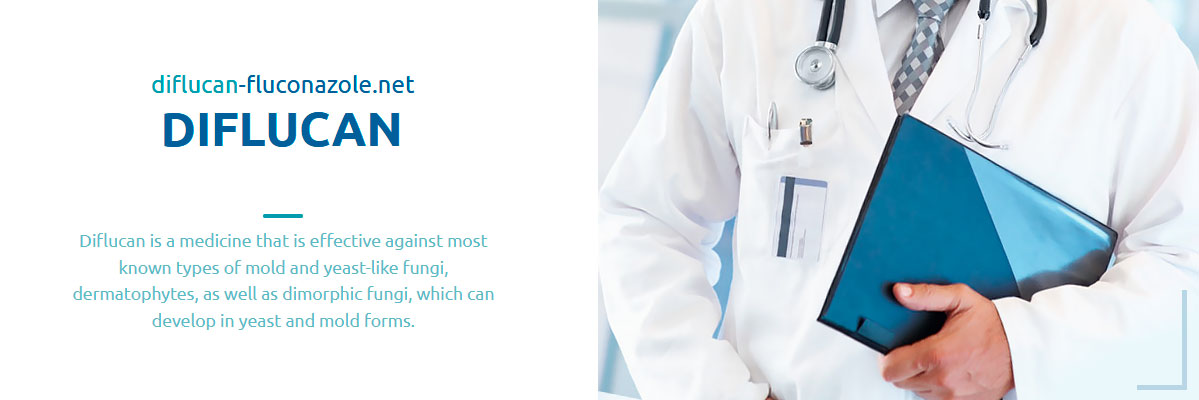Psoriasis is a common skin disease. In various forms, it occurs in a fairly large number of people, most often middle-aged. The disease is autoimmune in nature, not infectious. The risk group for psoriasis, manifesting itself in one form or another, includes:
Individuals with a genetic predisposition to skin diseases. It is worth noting that it is not at all necessary to have parents suffering from psoriasis. The disease can be transmitted through several generations, for example, from grandfather to grandson.
Persons suffering from diseases of the nervous system. If a person is often under stress, experiences panic attacks, is prone to depression, then psoriasis may well appear against this background.
The disease is chronic: in other words, having faced negative manifestations once, you will never be able to get rid of them completely. But there is also a positive point: psoriasis proceeds in waves, it is characterized by both outbreaks and remissions, and quite long ones, lasting up to several years.
Forms of psoriasis: how does the disease manifest itself?
For psoriasis of any severity, the appearance of reddish plaques covered with silvery scales is characteristic. These elements are quite easily injured: they are damaged even by contact with ordinary clothing.
mild form of psoriasis
Symptoms are not too pronounced and are removed quite simply. Relief for the patient brings the use of special products designed to care for dry skin (for example, Losterin cream ). They are available in the form of creams, shampoos and shower gels. You can apply them as often as needed.
Severe psoriasis
In some patients, the disease is widespread. Rashes can occupy large surfaces – the entire abdomen, back , etc. , be accompanied by abundant peeling and even disturb the general condition (feeling tired, chills). Sometimes the surface of the plaques can be wet – this course of the disease is called the exudative form of psoriasis by dermatologists.
Severe forms of psoriasis also include the so-called. pustular psoriasis and psoriatic erythroderma. It is not uncommon for people suffering from severe psoriasis to have nervous breakdowns caused by concerns about their appearance and quality of life in general.
For the treatment of severe psoriasis, systemic drugs are used that block the development of the inflammatory process in the skin, reducing the rate of cell keratinization . Such therapy is carried out only in a hospital under the supervision of dermatologists. In parallel with systemic therapy , local treatment, physiotherapy are prescribed .
Seasonal psoriasis is a special kind of disease.
Another type of disease is psoriasis in seasonal – winter or summer – form. The first is characterized by the subsidence of symptoms in the warm season and their exacerbation with the onset of cold weather. Excessively dry air and strong temperature changes can provoke inflammation. The second is manifested under the influence of sunlight and profuse sweating caused by heat.
Seasonal psoriasis can be mild or severe, but with a competent and responsible approach, it can be treated. This is evidenced by photos that demonstrate different forms of psoriasis before the fight against it and after the course of therapy.
